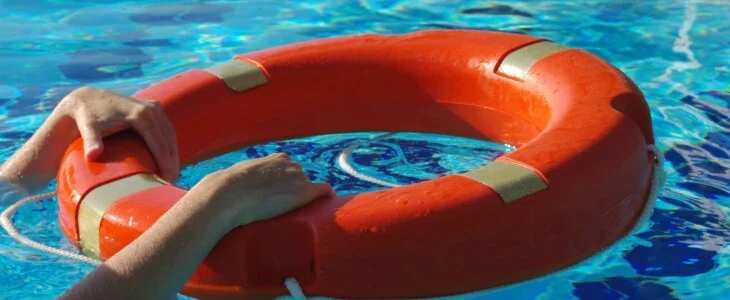California Swimming Pool Safety and Liability Laws
California is the land of sunny skies and swimming pools. Unfortunately, pool owners who fail to take state-mandated safety precautions may negligently put their guests and visitors in danger. Swimming pool injuries caused by unsafe conditions can give rise to a civil lawsuit for victims.
If you sustained a pool injury while on someone else’s property, you may want to speak with a licensed California personal injury attorney. He or she can offer valuable insight regarding your potential claim.
Here are a few concepts you should understand about California swimming pool safety and liability laws:
Owner Pool Safety Responsibilities Toward Guests
The California Pool Safety Act requires pool owners to take reasonable safety precautions for guests invited to the property. Most wrongful death and personal injury victims file lawsuits alleging the property owner failed to ensure safety for guests.
If you or a loved one was injured in someone’s pool, did the pool owner meet the following safety requirements? Pool owners must meet at least two of the following safety requirements:
Option 1: Fence-Style Pool Enclosures
- A self-closing, self-latching enclosure at least 60 inches high with no more than two-inch vertical gaps and four-inch horizontal gaps;
- Total clearance around the fence preventing children from using objects to climb it;
- Isolation from the main residential home on the property.
Option 2: Pool Covers
- An automatic or manual pool cover that can support 485 pounds;
- Adequately drains so dangerous standing water does not cause drowning;
- Passing perimeter deflection tests so that people do not fall in the space where the pool cover meets the pool.
Option 3: Exit or Entrance Alarms
- An alarm is placed on exit doors or windows that lead to the pool area, or;
- An alarm can be set in a pool to alert the property owners to unintended access to the water;
- The alarm must be loud enough to alert a person during routine activities, even vacuuming and sleeping.
- Water alarms must sound for at least 20 seconds to a remote receiver.
It is important to note that the above requirements do not apply to public swimming pools, locking hot tubs, and apartment complexes. As a rule of thumb, these laws apply to single-residential units only.
What to do if You Sustained a Pool Injury on Another’s Property
Seeking medical attention is the first and most obvious step to take after a pool injury. After the hospital releases you, you may want to speak with an attorney regarding your legal options for a personal injury claim. Survivors of drowning victims will be able to determine if filing a wrongful death lawsuit is the right solution, as well.
Consider Contacting Our California Personal Injury Attorneys
At Deldar Legal, our California personal injury attorneys are ready to advocate on your behalf after a swimming pool injury. We invite you to schedule a free case evaluation in one of our eight offices located throughout the state. You can reach our office by calling (844) 335-3271 or sending us a quick message through our request form.


